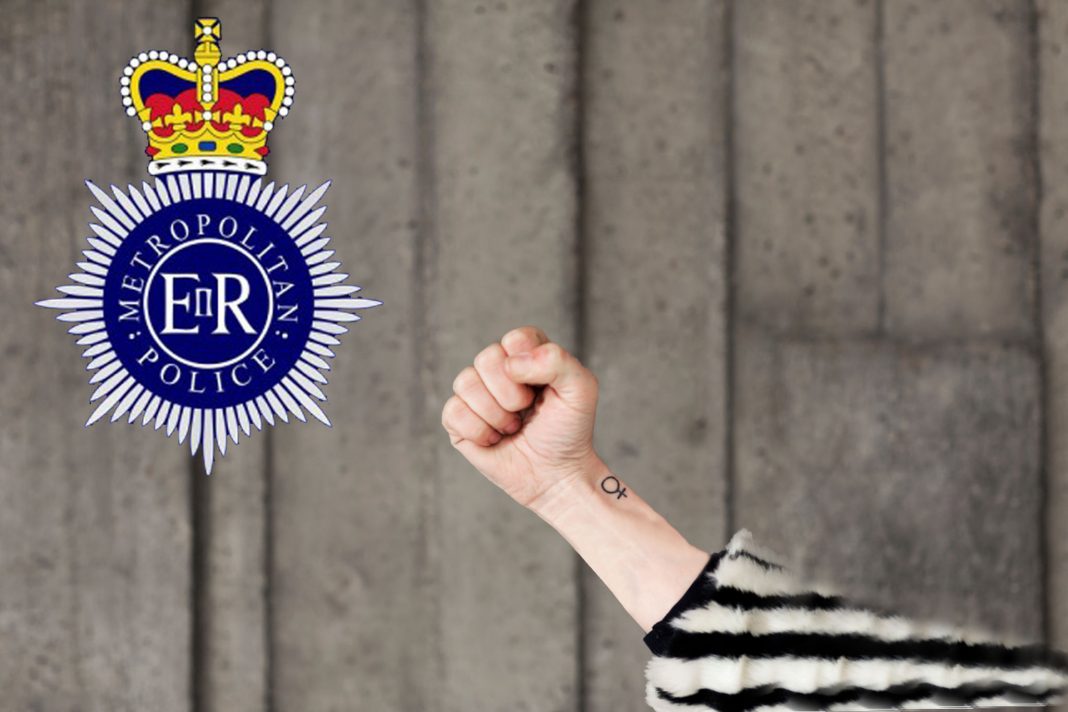Increased Protests in the UK Regardless of Covid Restrictions
Protests and opposition to increased police power and authority in the UK, which coincide with the murder of a young girl by a UK police officer and the discovery of the , continue in various forms. Protesters gather in city centres, ignoring Covid restrictions, to oppose the government’s plan to give more power and authority to the police to curb street protests. UK police said that the protests were initially peaceful, but turned violent by a small group of protesters. Home Secretary Priti Patel has also said that the scenes were unacceptable. She added that disorder and chaos by a small group would never be tolerated. The protesters also demanded the removal of the London police chief due to security crackdowns on protesters.
British Protesters Angry over Bill to Increase Police Powers
Protesters in London, outraged by male violence against women following the murder of young Sarah Everard by a police officer, have repeatedly rallied outside of the Met Police, Parliament and Downing Street in recent days. Instead of defending the rights of the people, members of Parliament began debating a bill called “Police, Crime, Sentencing and Courts Bill” that would give the police more power and authority to curb peaceful protests.
This was approved after two days of discussions. In this controversial bill, the government seeks to strengthen the police force to deal with violent protests that have a significant detrimental effect on society or access to parliament. However, the terms that have attracted the most attention from critics are the criminalisation of “making noise” and “causing serious disturbance.” The bill provides for up to 10 years in prison for harassment through noise.
Boris Johnson Insists on the Wrong Way
The Boris Johnson government insists the bill will provide better security for the people. The murder of Sarah, a young woman who was walking home last week, sparked a wave of reports of dangers threatening women on the streets at night, and disbelief at the police’s failure to address the issue. Sarah Everard is a 33-year-old British woman who disappeared on 3 March and her body was later found in woodlands in Ashford, Kent. Nationwide protests in the capital reached their peak after it became clear that a London police officer was responsible for the murder of the young woman. London police officer Wayne Couzens has been identified as the main suspect in the kidnapping and murder of the young woman. Wayne Couzens joined the police force in 2018, most recently serving in the Parliamentary and Diplomatic Protection Command. People are now deeply shocked. Women are angry not only at Sarah Everard’s death, but also at what they see as a misogynistic reaction by police and lawmakers. They are angry about the bill called Police, Crime, Sentencing and Courts Bill. But Sarah’s murder has convinced many women that the police has failed to protect them, and has led many to conclude that the police are an active threat to them.
British Women Fear Police Inability to Protect Them
For many women in Britain, both Everard’s murder and the violent response by the police have created a similar panic about not being really protected. There is also an opportunity to reflect on the suffering of women of colour and other groups who have been sexually abused and long overlooked. As public anger escalated after Sarah was killed, the government promised new measures to improve women’s safety, such as more CCTV, better street lighting and plainclothes police officers for better monitoring. But for many women who expressed their fear and anger, it is too late. In their view, the police themselves are a source of harm and danger and giving them more authority only makes women more vulnerable.
Catastrophic Statistics of Sexual Crimes by the British Police
Sarah Everard’s death was a tragedy, but statistics show a catastrophic situation. A 2019 report by The Independent shows that 568 London police officers were charged with sexual offenses between 2012 and 2018, but only 43 were prosecuted. Police officers and staff across the UK were reported for alleged domestic abuse almost 700 times in the three years leading up to April 2018, according to Freedom of Information responses – more than four times a week on average. The real figure is likely to be much higher as data was only provided by 37 of the UK’s 48 police forces (including special forces). Opponents of the latest bill, which gives police broad powers, argue that the move would increase incidents like the abduction and murder of Sarah and will not stop the most common forms of violence against women. At least one person dies each week as a result of violence by UK police officers. The majority of those killed in police custody are of ethnic origin. The shocking results of research in the UK show that almost all young women in the country have been sexually abused and, worse, have lost confidence in the authorities’ ability to solve the problem. Studies by the United Nations and British Women show that 97% of women between the ages of 18 and 24 have been sexually abused, and 80% of women of all ages say they have experienced the problem in public.
Experts believe that the murder of Sarah Everard is the tip of the iceberg, showing that the claim of equality between men and women and the freedom of women in British society is nothing more than a mirage, and the government’s solutions to this problem are not real solutions to increase their security. Projections by the government and the lack of a real solution has led many British women to lose hopes of increasing their security in society and to try to protest through rallies and marches.

